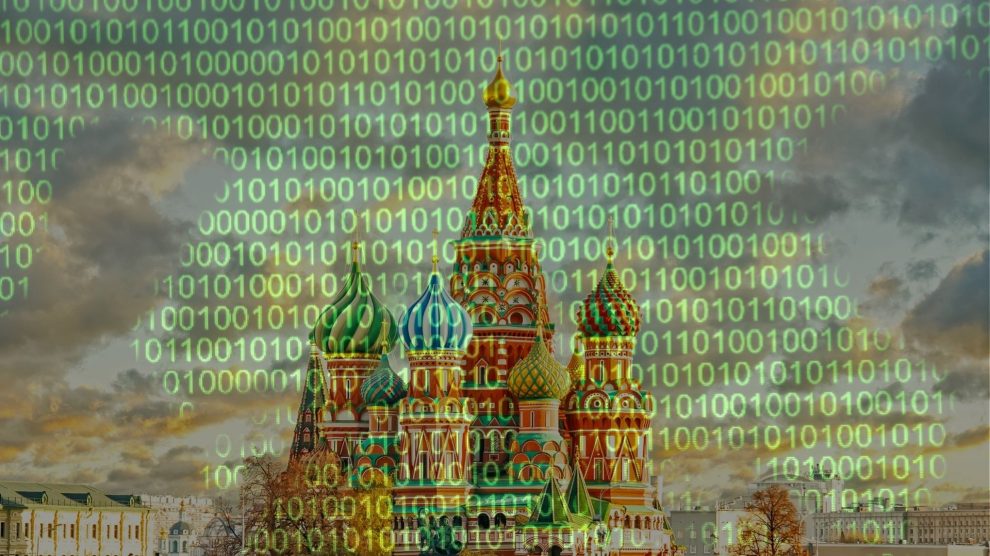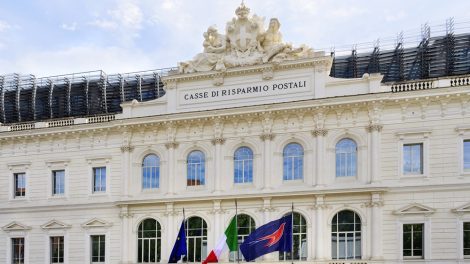Russia hits Italy with cyberattacks. On Wednesday, the Killnet cybercriminal gang – which is linked to Russia and is known for acts of cyber-terrorism – struck several Italian institutional websites in a major act of cyber aggression.
- The gang launched a large-scale DDoS attack that resulted in critical websites going offline, including those of the Senate, the Ministry of Defence and the National Health Institute.
- No infrastructure was damaged, and the pages were brought back online in a matter of hours.
- Killnet later claimed responsibility for the attack, stating via Telegram its goal was to target NATO countries and Ukraine.
- The same group had recently attacked other European countries, including Germany, Poland and the United Kingdom.
Watch the timing. The cyberattack occurred while the Italian Prime Minister was in Washington to meet President Joe Biden, with the two vowing to strengthen their countries’ joint response to the Russian invasion of Ukraine.
- Meanwhile, in Rome, Cybertech Europe – one of the world’s most important cybersecurity events – was underway.
- During the event, the general director of the National Cybersecurity Agency, Roberto Baldoni explained that Italy can cope with large-scale attacks “no more and no less than other European countries. We obviously have to improve,” he added.
- The first Italian Cybersecurity Strategy is due to be published this month.
There’s a reason behind the attack. The cybercriminals’ goal was not to steal data and demand a ransom. The intent was to make it clear to Italy and the other affected countries that Killnet is capable of crippling the systems of anyone who supports Ukraine’s war efforts.
- It was a warning shot designed to frighten governments as well as citizens to weaken support for Ukraine.
- This explains why Killnet, with its direct ties to the Russian government, chose to disclose its involvement (which the group could have easily hidden, given how hard it is to attribute cyberattacks).
- Adolfo Urso, senator and president of COPASIR, said in a statement that this attack “confirms our concerns. Hacker attacks are an element of cyber warfare that we still have to deal with.”
- The attack goes hand in hand with the “disinformation machine.” Both are tools of foreign penetration, especially used by autocratic regimes,” added the senator.





